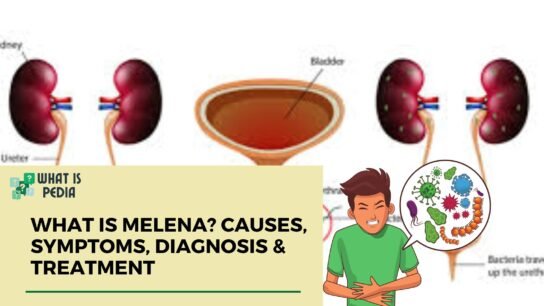Psychiatry is a branch of medicine that focuses on diagnosing, treating, and preventing mental health disorders. It integrates medical knowledge, psychological principles, and neuroscience to help individuals manage conditions affecting their thoughts, emotions, and behaviors. Psychiatrists, who are medical doctors specializing in mental health, assess patients and develop treatment plans tailored to their specific needs.
Role of a Psychiatrist
Psychiatrists play a vital role in mental health care. Their responsibilities include:
- Diagnosing mental health conditions through clinical evaluations and psychological testing
- Prescribing medications to manage psychiatric disorders
- Providing psychotherapy to help patients cope with emotional distress
- Coordinating with other healthcare professionals for comprehensive treatment
- Conducting research to advance mental health care
- Educating patients and families about mental health conditions
- Managing emergency psychiatric situations, such as suicidal ideation or acute psychosis
- Addressing both short-term crises and long-term mental health management
Psychiatrists work in various settings, including hospitals, private practices, community health centers, and academic institutions. Some specialize in areas such as child and adolescent psychiatry, geriatric psychiatry, addiction psychiatry, or forensic psychiatry.
Common Psychiatric Disorders
Several mental health conditions fall under the scope of psychiatry. Some of the most commonly treated disorders include:
- Depression: Characterized by persistent sadness, loss of interest, and emotional distress
- Anxiety Disorders: Involving excessive worry, fear, or panic attacks
- Bipolar Disorder: Marked by alternating episodes of depression and mania
- Schizophrenia: A severe disorder affecting thoughts, emotions, and perception of reality
- Obsessive-Compulsive Disorder (OCD): Involving unwanted thoughts and repetitive behaviors
- Post-Traumatic Stress Disorder (PTSD): Resulting from exposure to traumatic events and causing flashbacks, nightmares, and severe anxiety
- Attention-Deficit/Hyperactivity Disorder (ADHD): Leading to difficulties in maintaining attention and controlling impulses
- Eating Disorders: Including anorexia nervosa, bulimia nervosa, and binge-eating disorder, which impact physical and emotional health
Treatment Approaches in Psychiatry
Psychiatrists use various treatment methods to help patients improve their mental well-being. Some of the most effective approaches include:
- Medication Management: Prescribing antidepressants, mood stabilizers, and antipsychotics to regulate brain chemistry
- Psychotherapy: Offering different therapeutic techniques, such as cognitive-behavioral therapy (CBT), dialectical behavior therapy (DBT), and interpersonal therapy
- Lifestyle Modifications: Encouraging exercise, proper nutrition, adequate sleep, and stress management techniques to support mental health
- Brain Stimulation Therapies: Utilizing electroconvulsive therapy (ECT), transcranial magnetic stimulation (TMS), and deep brain stimulation (DBS) for severe cases
- Rehabilitative and Support Services: Providing social skills training, occupational therapy, and peer support groups to aid long-term recovery
Importance of Psychiatry in Healthcare
Mental health plays a crucial role in overall well-being. Without proper psychiatric care, untreated conditions may lead to severe consequences, including substance abuse, self-harm, and reduced quality of life. Early intervention, personalized treatment, and continuous support significantly improve patient outcomes.
Psychiatry is essential in addressing the growing global burden of mental health disorders. With increasing awareness, mental health is being recognized as equally important as physical health. Governments, healthcare institutions, and communities are working together to improve access to psychiatric care and reduce stigma surrounding mental illnesses.
Conclusion
Psychiatry is essential for understanding and managing mental health disorders. By combining medical expertise with therapeutic techniques, psychiatrists provide individuals with the necessary tools to lead healthier lives. Awareness and acceptance of psychiatric care contribute to a more supportive and inclusive society. As research continues to advance, the future of psychiatry holds promising developments in treatment methods and accessibility, ensuring better mental health care for all. For a deeper understanding of related topics, explore more on whatispedia.







